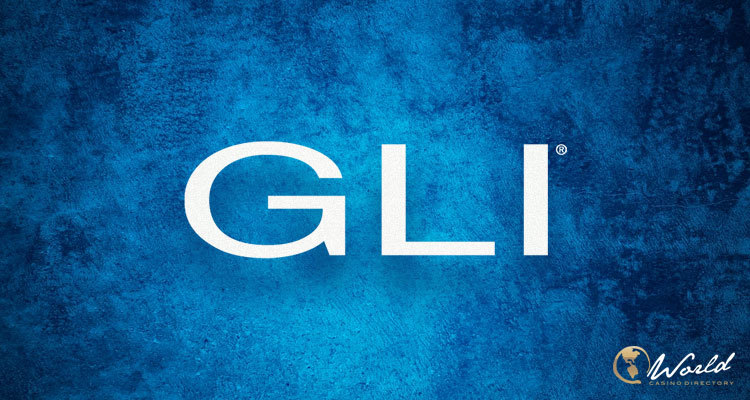
Gaming Laboratories International (GLI), the test service and consultancy provider to the iGaming industry, has acquired outstanding shares in a leading online gaming testing laboratory, iTech Global.According to GGRAsia, the acquisition enabled GLI Australia to acquire the 100% ownership over ITech Global which became a fully-owned vertical of the Australian company providing expertise to iGaming suppliers, operators, and regulators.
New Subsidiary:
iTech Labs, as a testing and certification laboratory for online gaming systems, has been reportedly operating since 2004. Over the past decades, the laboratory has tested and certified almost all types of casino games for multiple online gaming platforms. The source reports that the network of iTech Labs includes the verticals in Italy and United Kingdom.
Overall, iTech Labs reportedly hires a highly qualified staff to conduct thorough tests and deliver test reports to customers on a regular basis. According to the GLI’s press release, this staff has also taken part in the development of the Australian Internet Gaming Standards. GLI also stated that iTech Labs would keep its independence in operating its global network of testing laboratories. But the laboratory will also coordinate its global operations with the GLI’s respective sections.
Mutually Beneficial Deal:
GLI added that the latest acquisition of the iTech Labs would be beneficial for both companies. The statement specifically indicated that iTech’s clients will be able to refer to the GLI’s global network of laboratories, as well as to take advantage of the consultancy company’s relationships with worldwide regulators. The result of the thus extended customer base is expected to facilitate the growth of both the parent company and its new subsidiary.
The statement of the GLI’s president and chief executive James R.Maida reads: “We are pleased iTech will continue to be branded as iTech and will operate as they have over the past 19 years. We are pleased that Kiren Sreekumar, Geoff Nicoll, nAni Srinivasan, and the entire management, testing and sales teams will continue to operate and be licensed in the jurisdictions they serve.”
Customer Care:
Kiren Sreekumar, CEO and principal consultant of iTech Labs, reportedly added: “The GLI Group shares our values and deep commitment to providing our customers best-in-class service and are exceedingly pleased with this investment. While iTech has achieved great success over the past many years, with the GLI Group’s support we are confident that iTech’s growth will be enhanced and thereby benefiting our customers.”
A Move to Meet Industry Requirements:
GLI’s CEO James R. Maida said in December 2022 to GGRAsia that the online gaming production was growing more quickly than the land-based casino products. Maida reportedly said on the occasion that the company was ready to increase its staffing levels to meet the growing industry requirements. The latest acquisition of the iTech Labs testifies to such GLI’s commitment.
The legal status of online casinos in India is complex and varies by state. While there is no federal law that explicitly addresses online gambling, the legality depends on state regulations and the type of gambling involved.
Key Points:
-
No National Law: India does not have a specific national law regulating online casinos. However, the Public Gambling Act of 1867 prohibits operating physical casinos and gambling houses, but it doesn't cover online platforms, leaving a legal grey area for online gambling.
-
State-Specific Laws: Some Indian states, like Goa, Sikkim, and Daman, have legalized land-based casinos, and others, such as Sikkim, have also licensed online gambling. Many states have banned gambling altogether, including online gambling.
-
Online Sports Betting: Betting on sports, particularly cricket, is very popular in India. However, it's only explicitly legal in some states like Sikkim and Nagaland, which have laws permitting online gaming and betting.
-
Legal Gray Area: Many international online casinos accept Indian players and operate legally under licenses from offshore jurisdictions (like Curacao or the UK Gambling Commission). As long as players are gambling on licensed platforms, the risk is minimal, but local authorities may still choose to regulate or restrict online gambling.
-
Cryptocurrency: Some Indian players prefer using cryptocurrencies (like Bitcoin) for online gambling, as it provides a layer of anonymity and security.
While online casinos aren't explicitly legal across all of India, many international casinos accept Indian players, and online gambling continues to grow in popularity. Players should ensure they use licensed platforms and understand local laws before engaging in online gaming.






Leave a Reply
You must be logged in to post a comment.